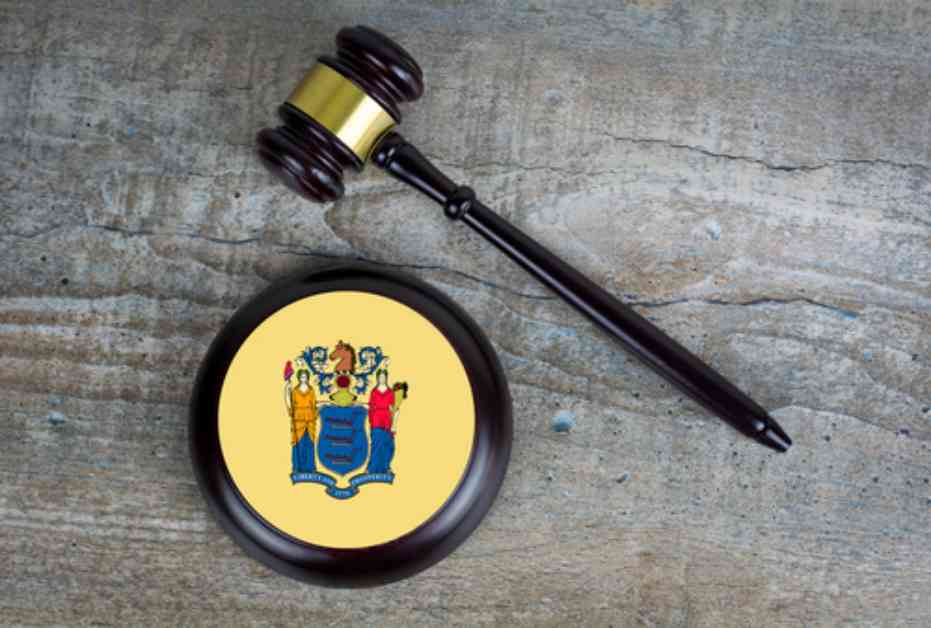New Jersey Bar Upholds First Amendment Right to Diversity Program
A recent ruling by a state appeals court has sparked a heated debate over the intersection of diversity programs and First Amendment rights. The New Jersey State Bar Association has been granted the right to reserve leadership positions for members of underrepresented groups, a decision that has drawn both praise and criticism.
Legal Battle Unfolds
The Superior Court of New Jersey’s Appellate Division recently ruled against Rajeh A. Saadeh in his lawsuit challenging the bar association’s diversity program. Saadeh, a Palestinian Muslim American attorney, argued that the program violated the New Jersey Law Against Discrimination by reserving 13 out of 94 leadership positions for certain underrepresented groups, effectively excluding him from eligibility.
First Amendment Protection
In a landmark decision, the appeals court upheld the bar association’s First Amendment right to expressive association, stating that forcing the organization to alter its diversity program would infringe on its ability to advocate for diversity and inclusivity in the legal profession. Drawing on the precedent set by the 2000 U.S. Supreme Court case Boy Scouts of America v. Dale, the court emphasized the importance of protecting organizations’ rights to select leaders in line with their values.
Implications and Controversy
While the ruling was met with applause from the New Jersey State Bar Association, critics argue that the program amounts to unlawful discrimination. A trial judge previously characterized the diversity program as a “quota system” that violated the law, raising questions about the balance between promoting diversity and ensuring equal opportunities for all members.
Looking Ahead
Saadeh’s lawyer, Lindsay McKillop, has indicated that they will seek to challenge the appellate decision, setting the stage for further legal battles over the contentious issue. As the debate continues to unfold, the broader implications of the ruling on diversity initiatives and First Amendment protections remain at the forefront of legal discussions.
In the midst of this legal saga, it’s crucial to consider the human impact of such decisions. While legal battles often revolve around constitutional rights and legal precedents, it’s essential to remember the individuals at the heart of these cases. In this instance, Saadeh’s exclusion from leadership positions due to his background sheds light on the real-world implications of diversity programs and the complexities of balancing inclusivity with legal principles. As we navigate the nuances of this legal landscape, let’s not lose sight of the human stories that underscore the broader legal debates.















